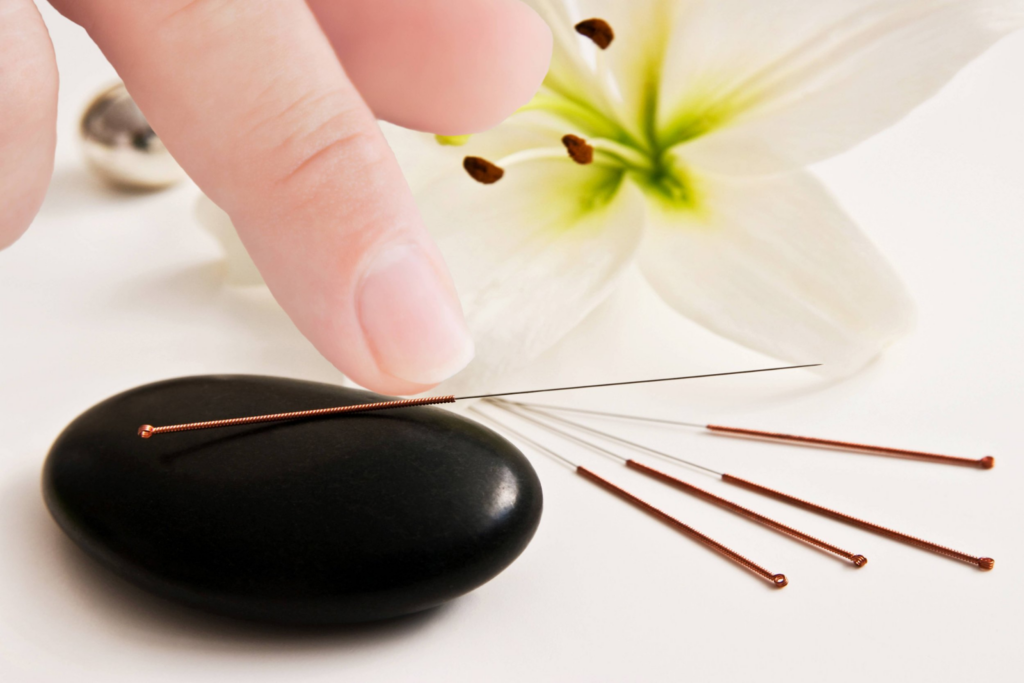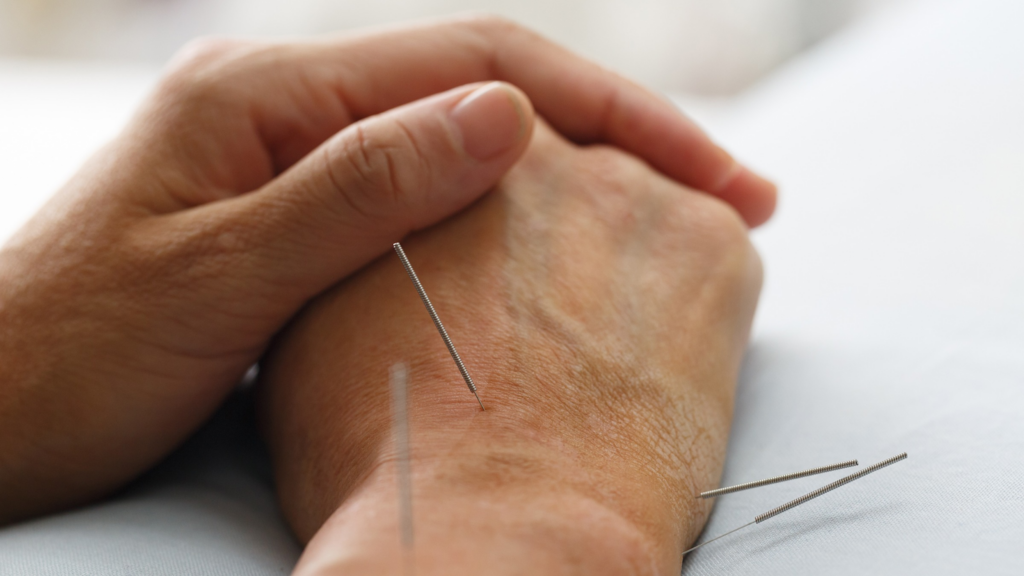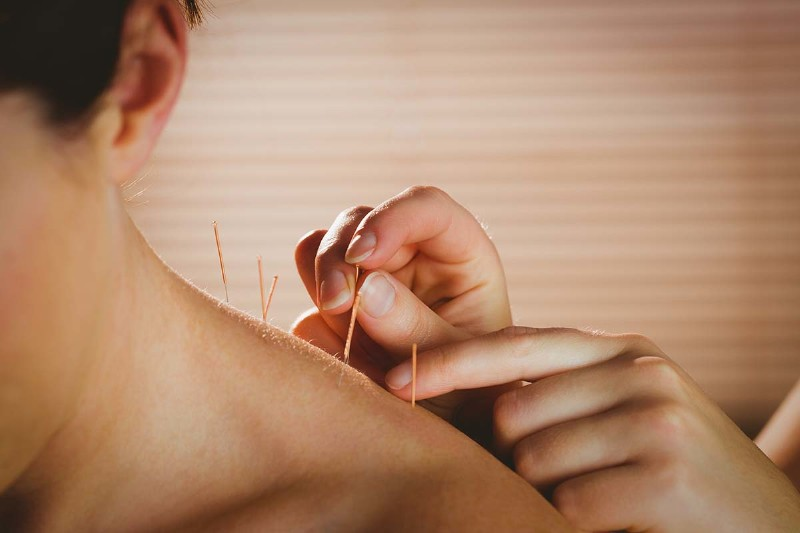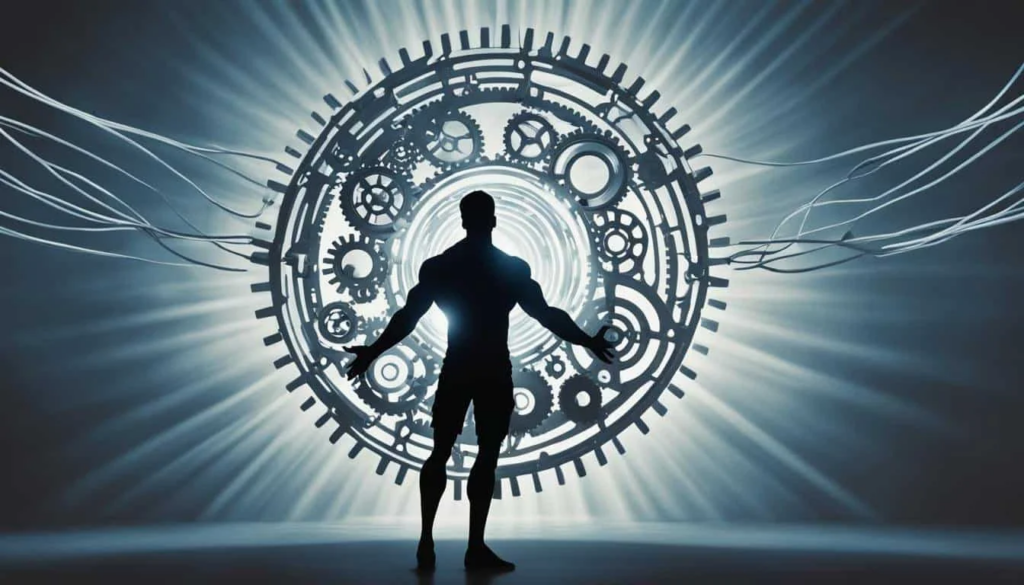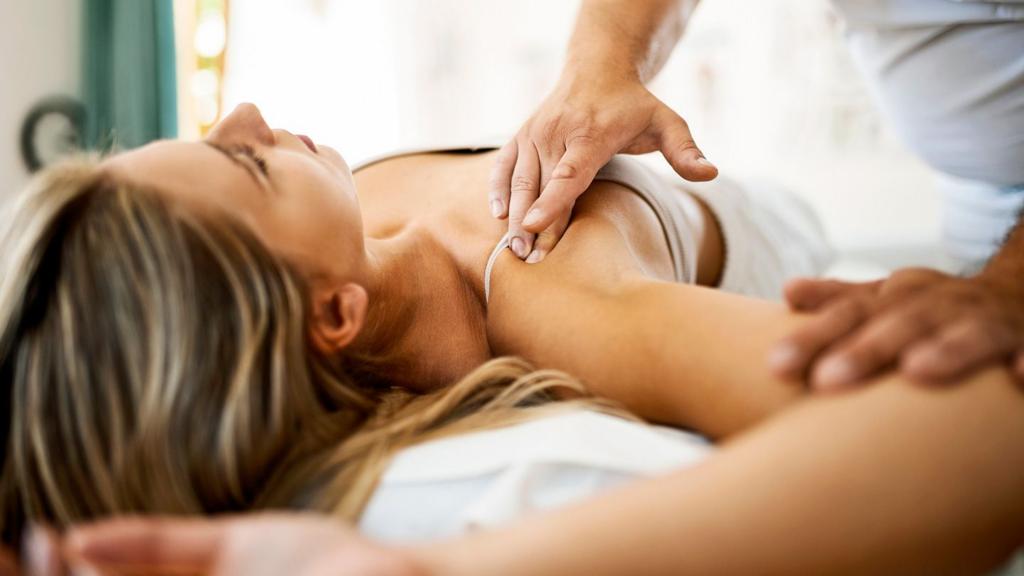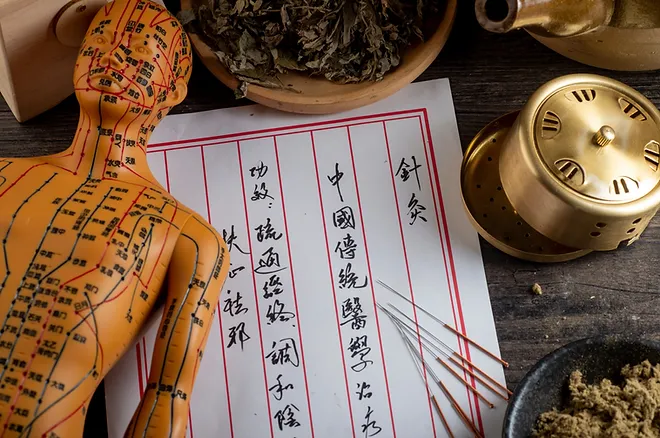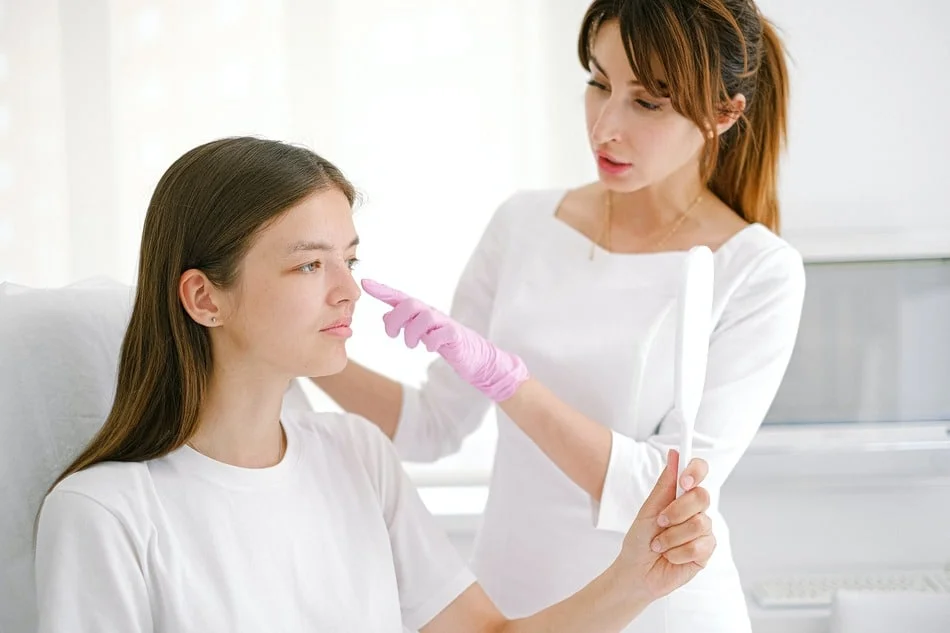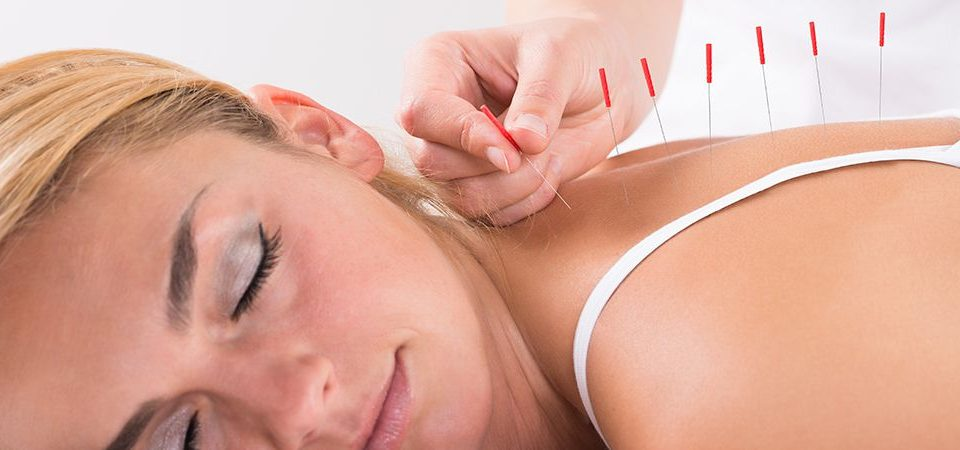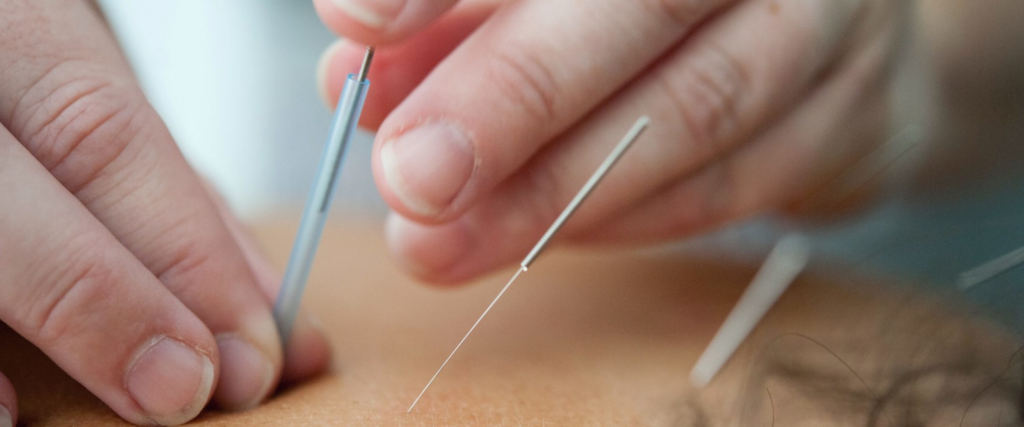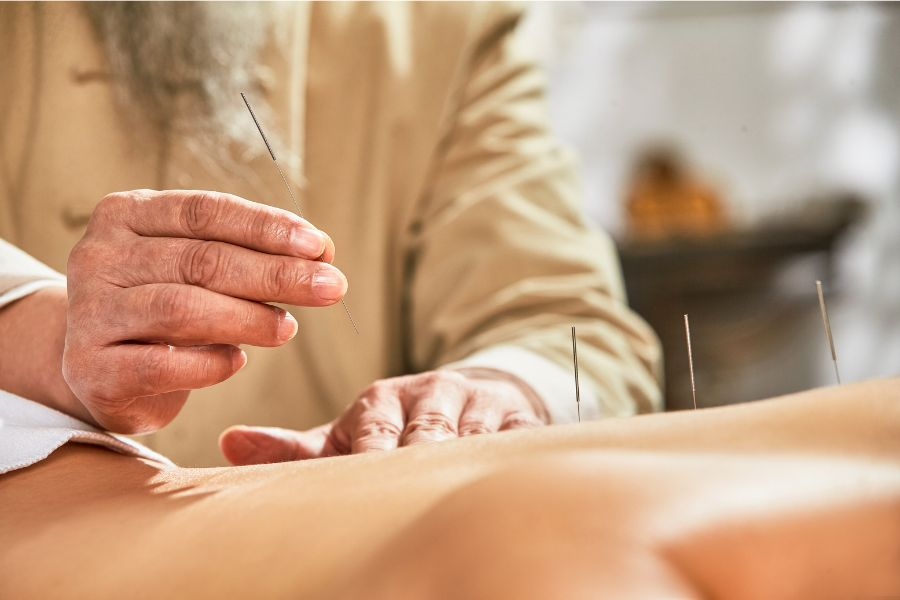Empowering Yourself: How to Become a Practitioner of Acupuncture
Traditional Chinese medicine has been able to gain fame as a holistic treatment solution for numerous health conditions. A career in acupuncture might just be the right path for you if you have a passion for helping others achieve better health through alternative therapies. Nonetheless, there are certain qualifications, education and certification that one must meet before becoming a licensed acupuncturist. So this blog will take you through the process of becoming an acupuncturist; what to anticipate from schools of acupuncture as well as certification programs plus job prospects in this rapidly expanding field. What Qualifications Are Needed to Become an Acupuncturist? Typically, you should have a master’s degree in acupuncture/Oriental Medicine and pass a national certification test for licensure to become an acupuncturist. Reaching the status of a licensed acupuncturist commences with gaining educational requirements. Most countries or states mandate that an individual be in possession of a master’s degree in acupuncture or oriental medicine from an accredited institution before they can become recognized as such legally. This is because it arms them with the basic knowledge and skills necessary for the safe practice of acupuncture therapy. Apart from education-related prerequisites, passing any one of the national certification exams offered by NCCAOM (National Certification Commission for Acupuncture and Oriental Medicine) based in the United States is mandatory if one desires to get licensed as required by law so that their actions are considered professional within this field. How Long Does It Take to Become a Licensed Acupuncturist? Typically, it takes 3 to 4 years of graduate school education to become licensed as an acupuncturist. This includes internships and clinical training. The time required for licensure as an acupuncture professional is usually around 3-4 years of postgraduate studies. Within this period, students will cover extensive coursework in acupuncture theories, techniques and other related topics like herbal medicine or anatomy. Moreover, the program incorporates practical experience through clinical practicum under supervision from experienced practitioners which equips candidates with hands-on skills necessary for success in their career paths. The combination of academic knowledge acquisition with hands-on training ensures that graduates are well prepared not only academically but also practically hence making them competent enough when enter into the workforce as licensed acupuncturists. What Is the Career Outlook for Acupuncture Practitioners? The career prospects of an acupuncturist are quite good in view of the fact that more people are opting for alternative and complementary medicines, which means that private practices as well as integrative health centers will have more business. Because there is a growing need for alternative and complementary medicine, acupuncture has become an attractive field. This method treats pain management and stress relief through a holistic approach towards overall wellness. As a result, this uptick in interest creates many different opportunities where acupuncturists can work such as private clinics or even within larger medical facilities that adopt these principles alongside others like them. When healthcare starts taking on board more natural remedies like these; it will recognize them better giving rise to positive employment prospects along with potential career advancements for those working in this area. How Do I Choose the Right Acupuncture School? Choose a school of acupuncture that is accredited by the Accreditation Commission for Acupuncture and Herbal Medicine (ACAHHM) and has an extensive curriculum as well as robust clinical training programs. Picking out an appropriate place to study acupuncture is one of the most important choices for being licensed as an acupuncturist. The schools should be evaluated based on whether or not they are accredited by ACAHHM among other things. This shows that their program meets high educational standards. You also need to look at what topics are covered under this course such as; Chinese Medicine Theory, Needle Techniques, etc so make sure there’s wide coverage throughout different areas not just these few aspects alone. There has got to be strong hands-on experience through clinical rotations where you get exposed more with patients thus honing your skills even further in becoming a better practitioner. What Can I Expect from an Acupuncture Certification Program? A course in Chinese medicine theory, needle techniques, herbal medicine, and hands-on clinical experience are typically part of an acupuncture certificate program. An acupuncture certificate program is a complete education in the theoretical and practical sides of acupuncture. For instance, you will be taught Chinese medicine theory which is the basis of acupuncture practice as well as specific needle techniques and acupuncture points through training. Many programs also offer classes on herbal medicine so that you can provide patients with holistic care options too. Another important aspect of getting certified includes extensive hands-on clinical experience where students can apply what they have learned in real-life situations under supervision from experienced professionals. Conclusion: Embarking on a Fulfilling Career in Acupuncture To turn into an acupuncturist, one must have devotion, knowledge and a holistic healing spirit. You can start a fulfilling career that helps people attain good health and wellness with proper qualifications such as a master’s degree and national certification. The number of places where practitioners can work has been expanding proportionally to the growing demand for acupuncture. Opting for a well-known school of acupuncture coupled with dedication towards learning while you are there plus choosing what suits your future needs most will leave you ready to step into this vibrant industry. A person doing this kind of job may choose to set up their own clinics or join other establishments dealing with integrated health care services among others; whichever path they take offers them an opportunity to touch somebody’s life significantly.

